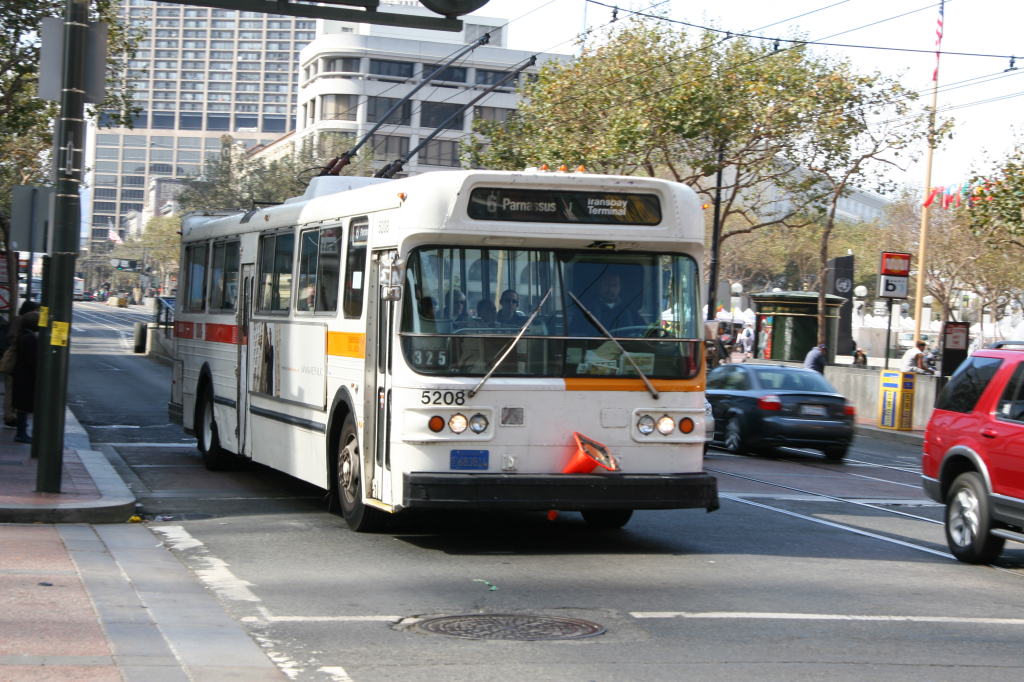
By Tim Redmond
SEPTEMBER 19, 2014 — Mayor Ed Lee’s Planning Department gets poor marks for its response to the city’s development boom, and a stunning 91 percent of likely voters think it’s important to protect small businesses and artists from displacement, an poll released this week shows.
The poll, commissioned by Tenants and Owners Development Company and conducted by David Binder and Associates, shows considerable unhappiness with the impacts of the tech-driven boom.
And it suggests that Lee, and other elected officials who are presiding over and encouraging the rapid growth of tech offices and market-rate housing, have a seriously political vulnerability.
On the other hand, it shows strong support for Prop. K, the proposal by Lee and Sup. Jane Kim that would set as city policy that 33 percent of all new housing is affordable.
The poll of 400 likely voters has a margin of error of 3.5 percent.
Just 36 percent of the respondents said the Planning Department was doing a good job responding to the tech boom and is preparing the city for good economic results in the future. Another 46 percent said they disapprove of the department’s approach.
“When I presented it to the Planning Commission, I said that 36 percent is pretty bad,” John Elberling, the president of TODCO, told me.
Help us save local journalism!
Every tax-deductible donation helps us grow to cover the issues that mean the most to our community. Become a 48 Hills Hero and support the only daily progressive news source in the Bay Area.
Across every demographic group and political party, San Franciscans stressed the importance of protecting artists and small businesses. “Ninety-one percent is an astounding number for any poll,” Elberling said.
That reflects the harsh reality that artists are leaving the city in droves and small business (and nonprofits) are finding that they can’t afford the rent. Light-industrial businesses, known by planners as Production, Distribution, and Repair (or PDR) are on the verge of extinction, thanks not just to market forces but to policy failures at the planning level.
There’s overwhelming support for saving the Flower Mart – 78 percent of likely voters said it’s important to save that institution as part of any future plans for the SoMa site. Again, support for this critical part of the city’s small-business and PDR infrastructure comes across the board.
That’s a positive sign for supporters who are trying to keep the giant developer Kilroy Realty from turning it into office space – and it suggests that the mayor and the supervisors will have to take a hard look at any rezoning that destroys the popular institution.
On a larger level – and potentially more significant – 62 percent of voters say that “the pace of development should be kept from exceeding the capacity of transit, traffic, and housing.” That’s a very, very far cry from what the city is doing now – and it’s a harsh critique of Lee’s growth policies.
San Francisco for the past several years has encouraged tech companies to come to town – without any concept of first providing housing for the workers. As we’ve discussed, the entire region is to blame: Peninsula cities have opened the door to massive corporate campus with tens of thousands of workers – many moving here from outside of the region – and have done absolutely nothing to provide housing for them.
Nor has Muni capacity expanded at anywhere near the necessary rate. The modest fees that developers pay for transit impacts don’t begin to cover the actual cost of Muni service to their buildings; instead, the system falls behind and fares have to keep going up.
The concept of making sure that development doesn’t go forward until there’s housing and transportation capacity to handle it is far beyond anything city planners have even considered for decades. Sup. Scott Wiener is promoting a measure that would tie Muni funding to population increases, which is a step in that direction – but nobody’s talking about tying development approvals to adequate housing and transit funding.
Imagine if city planners and the supervisors passed legislation that did what 62 percent of voters say they want. Before any new commercial buildings or office conversions were approved, the city would have to demonstrate that the money was in place for the new Muni infrastructure to handle the new workers – and that housing existed at a price range that the existing and incoming workforce could afford.
Before the city could sign on to the regional proposal that San Francisco add 92,000 housing units in the next 15 years, Muni would need to come up with a plan and a budget to handle the influx – and that would have to be approved and in place first. The city would have to prove that the housing would fit the needs of the existing and projected workforce (not just in the tech industry; hospitality, government, and healthcare provide for more jobs than tech, and will also see growth, and pay levels in those industries are way below tech).
We’d have to take a step back and slow down a little and say: Before we dive into a new world of development and technology, let’s be sure there’s enough water in the pool to keep us afloat.
What a concept, huh?




